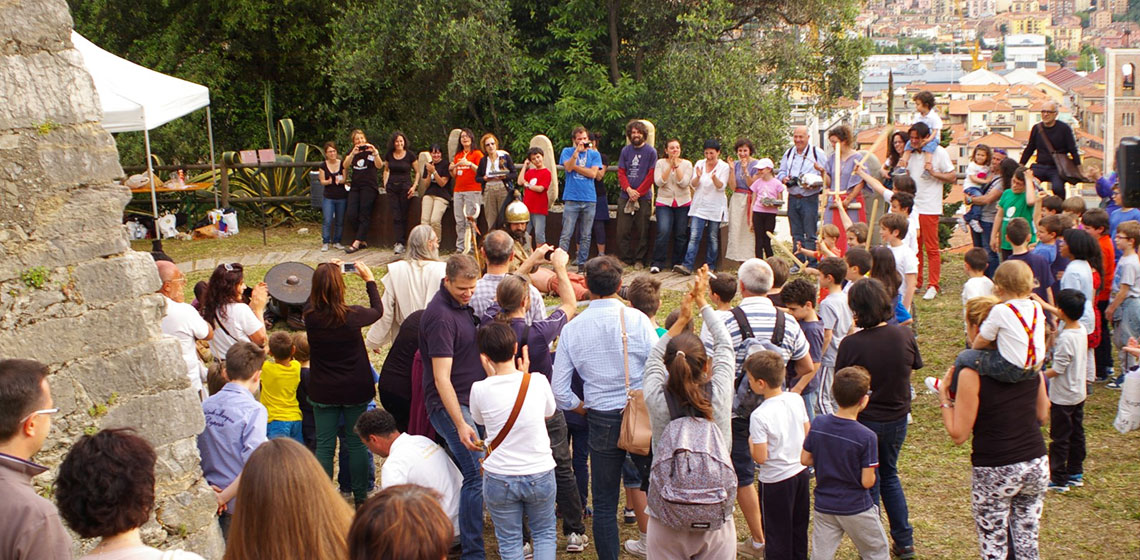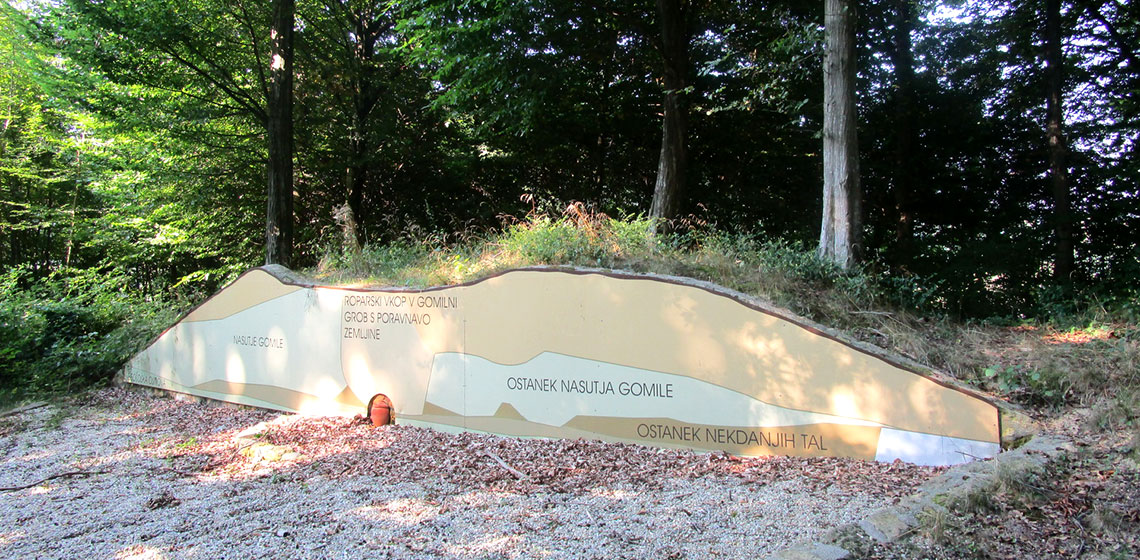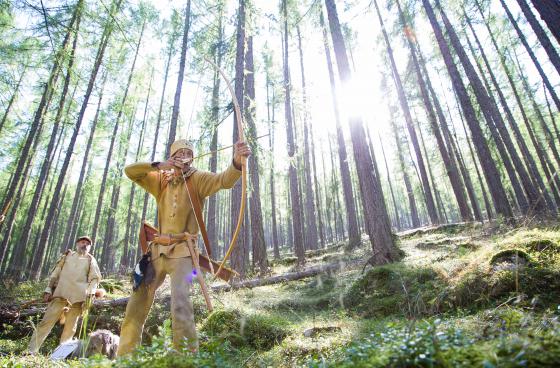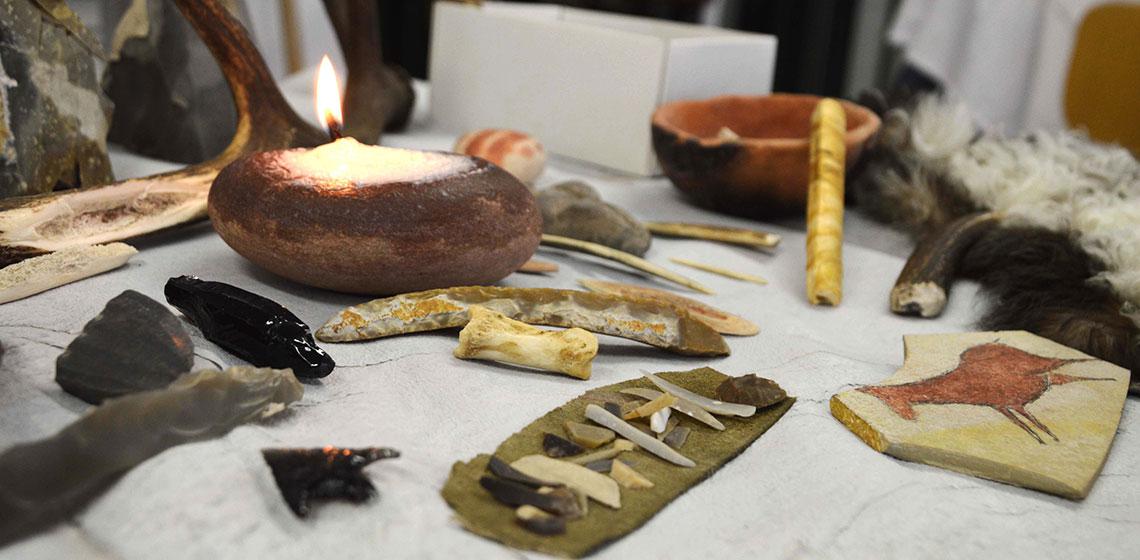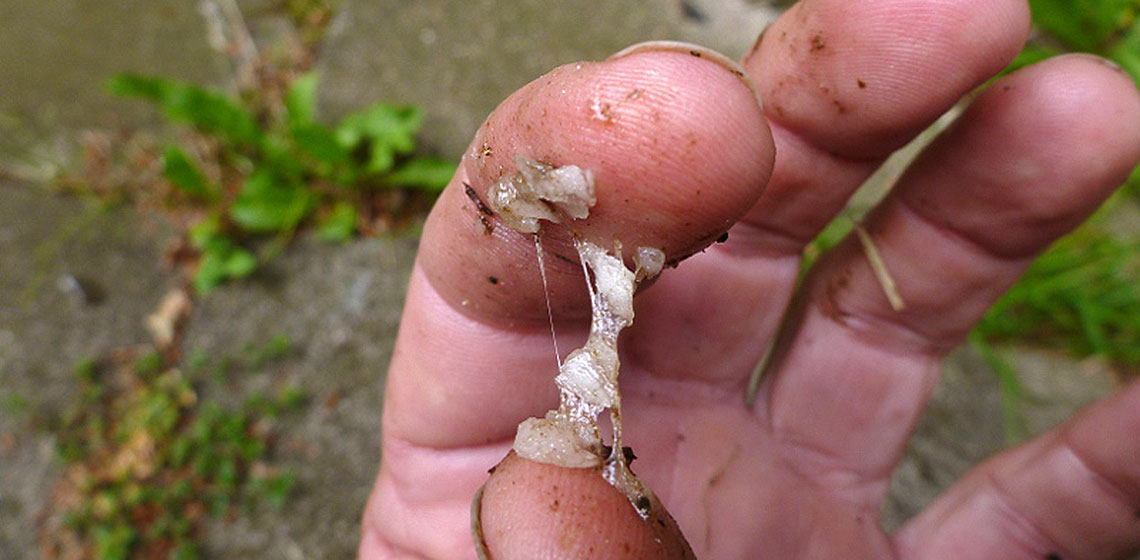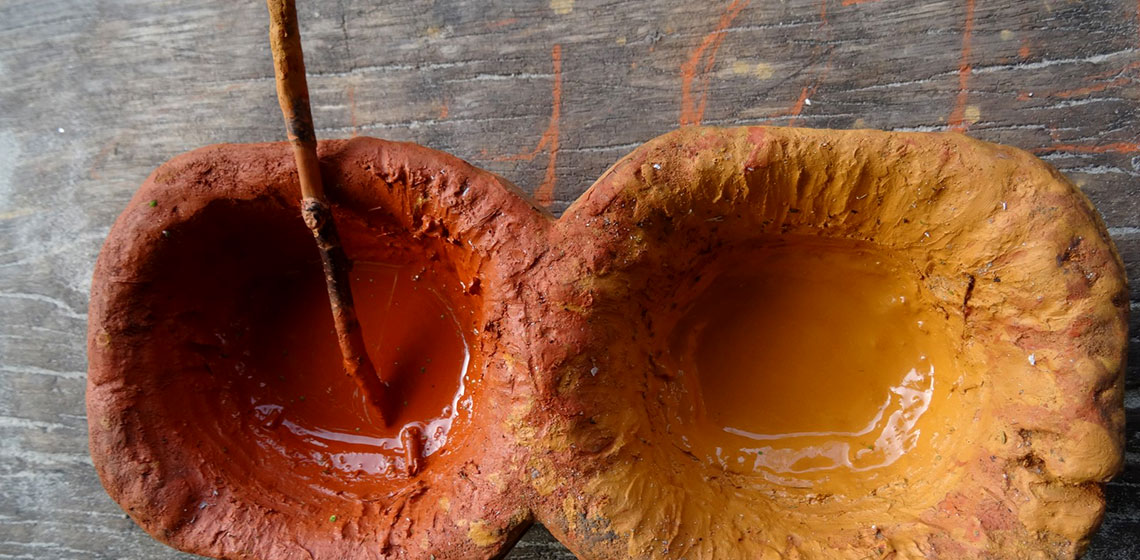Neolithic
Pre-History Weekend
Pre-History Weekend a chance to taste and smell the past!
Archaeological Routes and Paths in Northeast Slovenia – new Opportunities for Tourism
European Championship for Prehistoric Weapons
We are pleased to be holding championships in the Val Senales Valley for the seventh time this year. We are a small archaeological open-air museum near the location where Ötzi the Iceman was found. In a larch forest in the middle of the Gruppo Tessa National Park, right at an elevation of 1,500 m.
Experimental Archaeology Laboratory UAM (ES)
Official Goal of our organisation is teaching and research in Prehistory and Archaeology by using experimental methodologies.
Official Goal of our organisation is teaching and research in Prehistory and Archaeology by using experimental methodologies.
Fundación Atapuerca (ES)
The aims of the Atapuerca Foundation is to support the Atapuerca Research Team (ART) in the form of pre- and post-doctoral research grants and manage each annual dig at the Sierra de Atapuerca sites.
The aims of the Atapuerca Foundation are:
The YEAR Centre (UK)
The YEAR (York Experimental Archaeological Research) Centre is affiliated with BioArCh, Department of Archaeology, the University of York. We are concerned with education, public outreach and specialised academic research on the production, function and meaning of material culture. We are currently running an MA Research Skills Module on Experimental Archaeology.
The YEAR (York Experimental Archaeological Research) Centre is affiliated with BioArCh, Department of Archaeology, the University of York. We are concerned with education, public outreach and specialised academic research on the production, function and meaning of material culture...
Book Review: Recent Publications: Experimental Archaeology in the November 2015 Issue of the Cambridge Archaeological Journal (Volume 25, Issue 4)
Experiments on Possible Stone Age Glue Types
Tangible and Intangible Knowledge: the Unique Contribution of Archaeological Open-Air Museums
***Over the years my personal research interests have focussed on the less tangible elements of the past, such as gender issues, perishable material culture, and the sensory worlds of the past, but all of these have been underpinned by a longstanding appreciation of the role experimental archaeology can play as...
